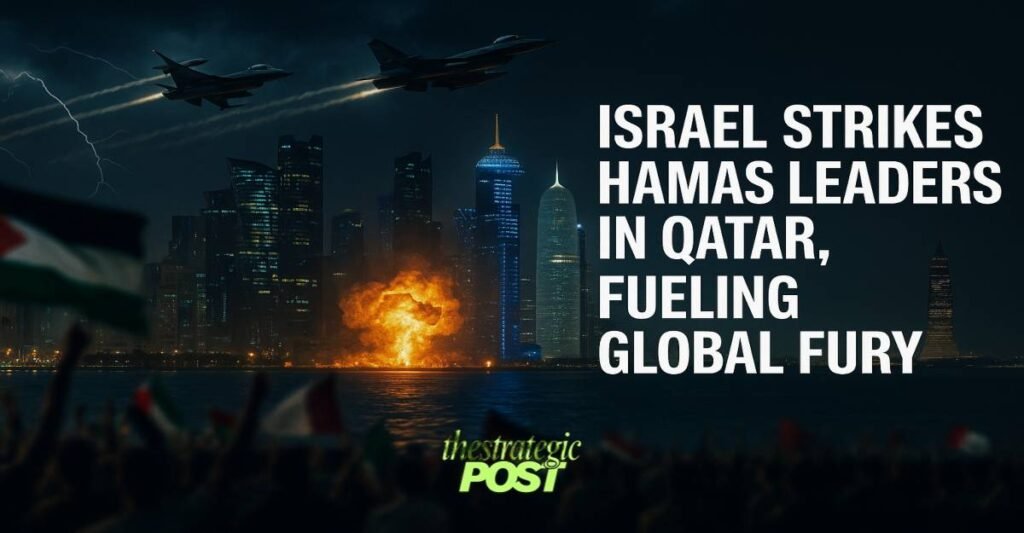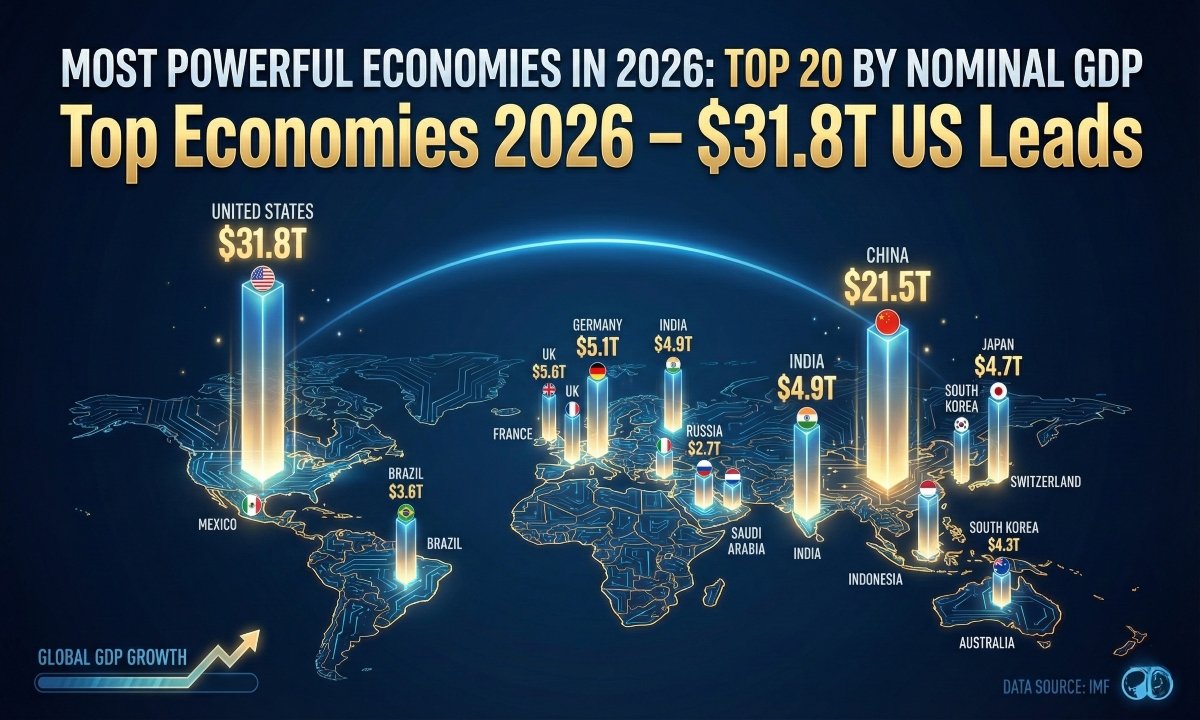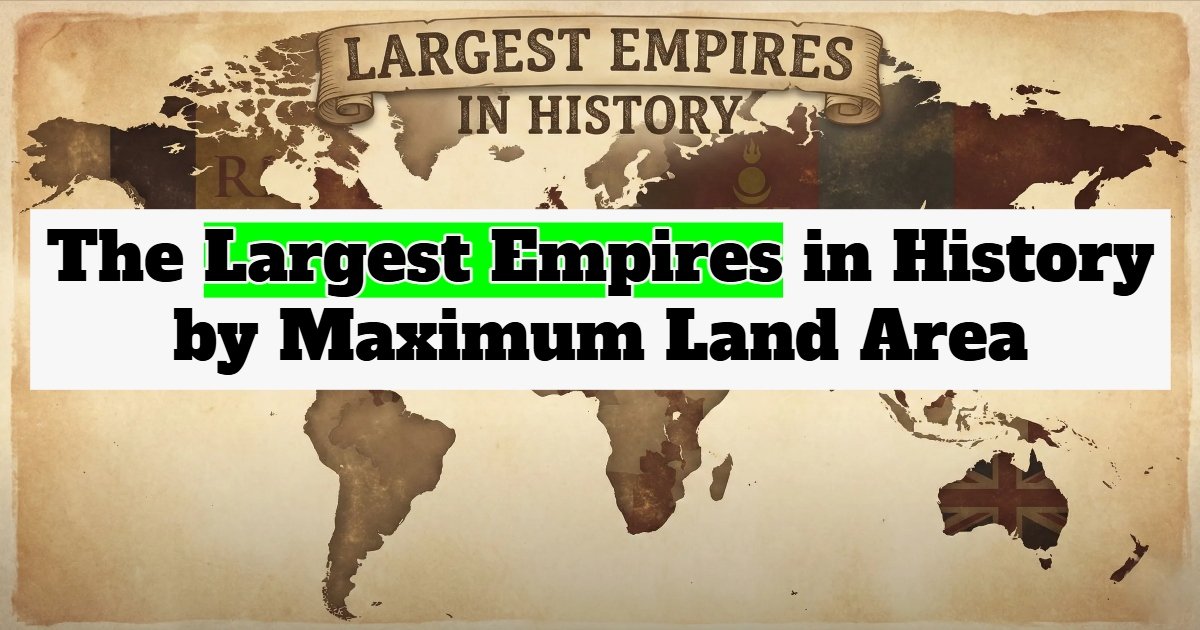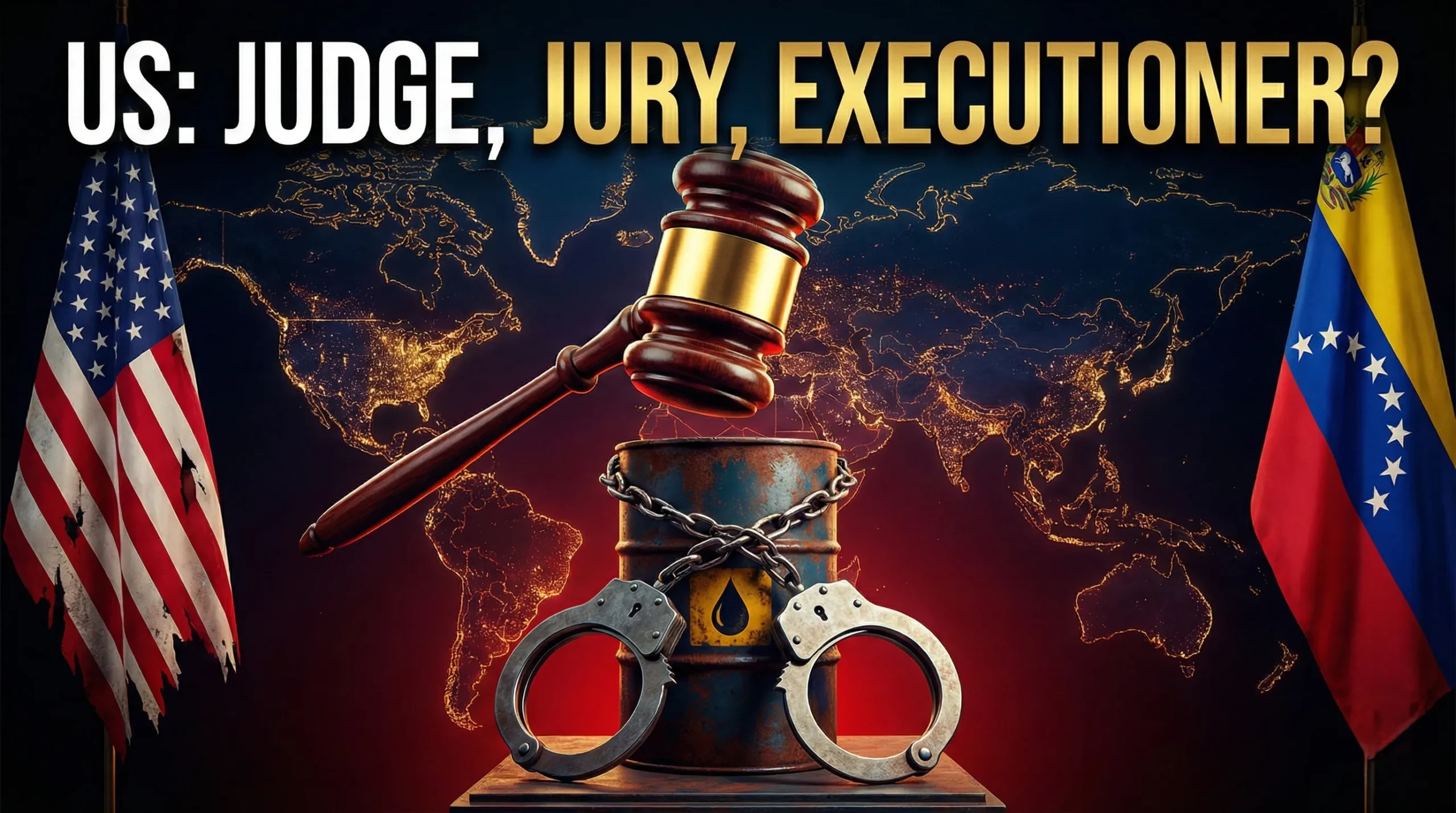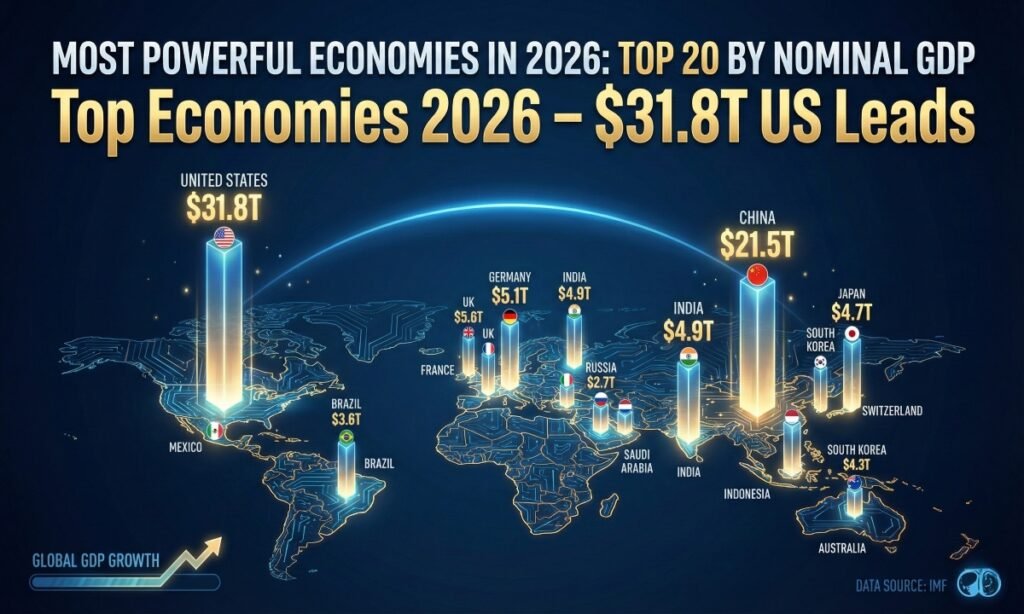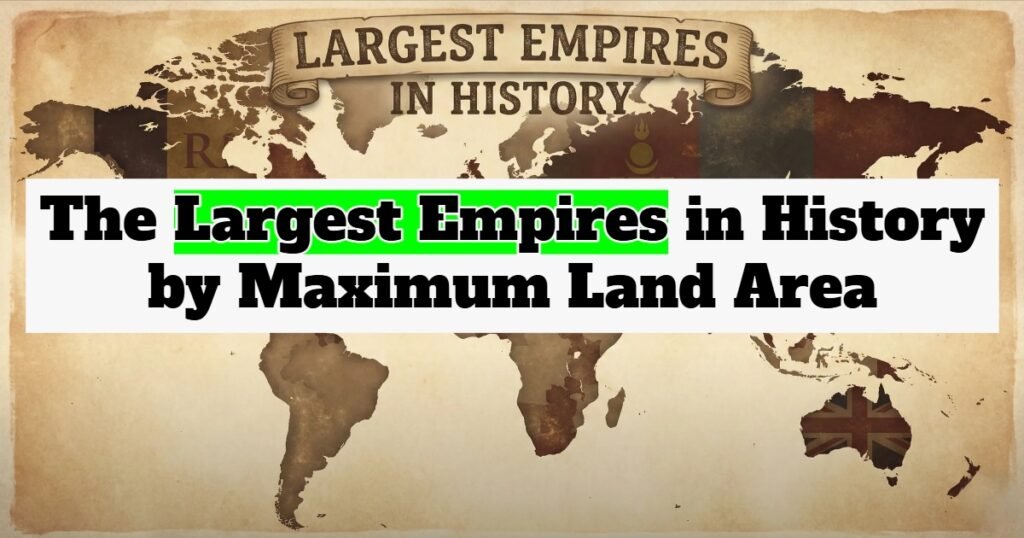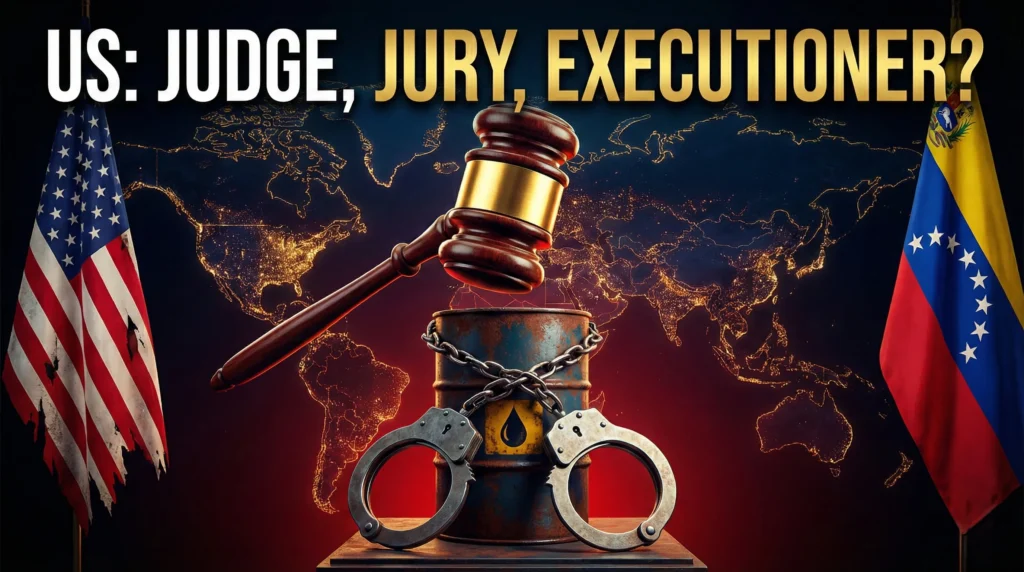Table of Contents
Israel Strikes Hamas Leaders in Qatar, Fueling Global Fury
Israel Strikes Hamas Leaders in Qatar, Fueling Global Fury: Geopolitical tensions simmer just below the surface; few events capture global attention like a bold military strike that crosses borders and challenges alliances. Imagine a neutral mediator suddenly becoming a battlefield: that’s exactly what unfolded when Israel strikes Hamas leaders in Qatar, fueling global fury. This unprecedented action on September 9, 2025, not only escalated the ongoing Israel-Hamas conflict but also drew sharp rebukes from world leaders, highlighting the fragile state of Middle East diplomacy. As ceasefire negotiations teeter on the brink, this incident echoes past escalations, such as the 2023 Gaza war, reminding us how quickly regional disputes can ignite international outrage. In this blog post, we’ll dive deep into the details of Israel’s strikes on Hamas leaders in Qatar, fueling global fury, exploring its causes, consequences, and what it means for the future.
View on Threads
The Strike: What Exactly Happened in Doha?
The events leading to Israel strikes Hamas leaders in Qatar, fueling global fury, began with multiple explosions rocking Doha’s upscale Leqtaifiya district around 3 p.m. local time on September 9, 2025. Israeli officials confirmed the operation as a “precise strike” targeting senior Hamas figures, including Khalil al-Hayya, a key negotiator in Gaza ceasefire talks. The Israeli Defense Forces (IDF) and Shin Bet intelligence agency claimed the attack was in response to Hamas’s involvement in recent violence, such as an East Jerusalem shooting.
According to reports, the strikes hit a compound where Hamas leaders were reportedly meeting to discuss a U.S.-proposed ceasefire. Casualties included at least six people: Humam al-Hayya (son of Khalil al-Hayya), a top Hamas aide, and a Qatari security officer, with others wounded. Hamas quickly responded, asserting that its core negotiating delegation survived and accusing Israel of sabotaging peace efforts. Israeli Prime Minister Benjamin Netanyahu defended the move as “fully justified,” emphasizing that it targeted those responsible for orchestrating attacks against Israel.
This wasn’t an isolated incident. Israel has a history of extraterritorial operations against perceived threats, but striking Qatar—a U.S. ally and host to American military bases—marks a significant escalation. Qatar has housed Hamas’s political office since 2012, serving as a mediator in hostage and ceasefire negotiations alongside Egypt and the U.S. The attack’s proximity to the U.S. Central Command base in Doha added layers of complexity, raising questions about prior U.S. knowledge or approval.
Key details of the strike include:
- Targets: Senior Hamas leaders like Khalil al-Hayya, who was critically injured according to some reports, though Hamas claims key figures escaped unharmed.
- Method: Airstrikes using missiles, causing visible damage to buildings in a diplomatic area.
- Immediate Aftermath: Evacuations in Doha, heightened security, and reports of Qatari citizens witnessing the blasts, with one describing it as “the world ending.”
- Broader Context: This follows Israel’s ongoing Gaza operations, which have resulted in over 64,600 Palestinian deaths since October 2023, per health officials.
The operation’s precision suggests advanced intelligence, possibly from Israeli assets or international cooperation, but it has undeniably fueled global fury by violating Qatari sovereignty.
Reactions from Key Players: Israel, Hamas, and Qatar
Israel strikes Hamas leaders in Qatar, fueling global fury, elicited immediate and varied responses from the directly involved parties. Israel stood firm, with officials vowing to pursue Hamas leaders “wherever they hide,” signaling potential future operations. Netanyahu’s office emphasized that the strike was conducted independently, rejecting any notion of betrayal toward mediators. However, an Israeli source admitted that some targets may have survived, prompting threats of follow-up actions.
Hamas, on the other hand, portrayed the attack as a desperate attempt to derail negotiations. The group insisted that the strike would not alter its demands for a full Israeli withdrawal from Gaza and an end to the blockade. In a statement, Hamas vowed retaliation, though specifics remained vague amid internal disarray. This incident comes as Hamas faces leadership fractures, reportedly dividing into competing clans following previous assassinations.
Qatar’s response was one of outrage and betrayal. Officials condemned the strike as a “flagrant violation” of international law and sovereignty, especially after assurances from Israel and the U.S. that Hamas leaders would be safe on Qatari soil. Qatar, which controls over $10 billion in Hamas funds, warned that the attack threatens regional stability and could end its mediation role. The visit by the UAE president to Doha shortly after underscored Gulf unity against the escalation, with the UAE labeling the strike “criminal.”
View on Threads
These reactions highlight the deep divisions: Israel’s focus on security versus Hamas and Qatar’s emphasis on diplomacy and sovereignty.
International Response: Condemnation and Calls for Restraint
The global backlash to Israel strikes Hamas leaders in Qatar, fueling global fury, was swift and widespread, reflecting the incident’s potential to ignite broader conflict. Arab states like Saudi Arabia, the UAE, Turkey, Iran, and Pakistan denounced the attack, viewing it as an assault on a fellow Gulf nation. Iran, a Hamas backer, is unlikely to retaliate immediately but could intensify proxy actions through groups like the Houthis.
Western powers expressed concern. The UK condemned the strikes as a violation risking ceasefire progress, urging de-escalation. France called it “unacceptable,” while the UN Secretary-General labeled it a sovereignty breach. Even U.S. President Donald Trump, despite his pro-Israel stance, expressed unhappiness, noting Qatar’s recent gestures like gifting him a luxury jet. However, some U.S. voices framed the strike as necessary enforcement against terrorism.
Non-state actors and media also weighed in. Houthi media reported Israeli strikes on Yemen the next day, linking them to the Doha event, with casualties in Sanaa. Social media buzzed with debates, some praising Israel’s boldness, others decrying it as reckless.
This chorus of condemnation underscores the strike’s role in alienating allies and complicating international relations.
Implications for Peace Talks and Regional Stability
Israel strikes Hamas leaders in Qatar, fueling global fury, has profound implications for the stalled Gaza ceasefire negotiations. Qatar’s role as a mediator is now in jeopardy, with officials feeling betrayed after facilitating talks. The attack occurred amid discussions of a U.S. proposal, potentially derailing hostage releases and truce efforts.
View on Threads
Regionally, this could embolden other actors. Houthis, already panicked from prior Israeli strikes, have fled Sanaa, signaling vulnerability. Iran may ramp up support for proxies, while Gulf states rally against perceived Israeli overreach.
Long-term effects include:
- Diplomatic Fallout: Strained U.S.-Qatar ties, despite shared bases.
- Escalation Risks: Potential for wider war involving Iran or Hezbollah.
- Humanitarian Impact: Worsening Gaza crisis, with famine looming.
- Global Economy: Oil price spikes from Gulf instability.
Experts warn that without de-escalation, the Middle East could face unprecedented turmoil.
Broader Context: The Ongoing Israel-Hamas Conflict
To fully grasp Israel strikes Hamas leaders in Qatar, fueling global fury, we must consider the broader Israel-Hamas war. Sparked by Hamas’s October 7, 2023, attack, the conflict has seen relentless Israeli operations in Gaza, displacing millions and drawing international scrutiny. Hamas’s external leadership in Qatar has been a thorn for Israel, funding operations while enjoying protection.
This strike fits Israel’s strategy of targeting leaders abroad, similar to past actions against Hezbollah and Iran. However, attacking a mediator like Qatar breaks new ground, potentially isolating Israel further.
FAQs About Israel Strikes Hamas Leaders in Qatar, Fueling Global Fury
Here are some frequently asked questions to provide clarity on this complex event:
- What prompted Israel to strike Hamas leaders in Qatar? Israel cited Hamas’s role in recent attacks, including an East Jerusalem shooting, and aimed to eliminate key figures planning operations against Israel.
- Who were the main targets of the strike? Senior Hamas officials, including Khalil al-Hayya, a prominent negotiator. Reports indicate some survived, but casualties included family members and aides.
- How has Qatar responded to the violation of its sovereignty? Qatar condemned the attack as a breach of international law, warned of regional instability, and received support from Gulf neighbors like the UAE.
- What is the international community’s stance? Widespread condemnation from Arab states, the UN, and Western powers like the UK and France, with calls for restraint to avoid further escalation.
- Could this end Qatar’s mediation role in Gaza talks? Likely, as Qatari officials feel betrayed after assurances of safety, potentially halting ceasefire negotiations.
- What are the risks of broader conflict? Increased tensions could involve Iran, Houthis, or Hezbollah, leading to a multi-front war and economic disruptions.
- Did the U.S. approve or know about the strike? U.S. officials expressed unhappiness, but details on prior knowledge remain unclear, though Qatar claims promises were broken.
Conclusion: Navigating the Path Forward Amid Fury
Israel strikes Hamas leaders in Qatar, fueling global fury, serves as a stark reminder of the volatile Middle East landscape, where security pursuits clash with diplomatic norms. As condemnations pour in and peace talks falter, the need for balanced dialogue has never been greater. This event could either spark wider conflict or force a reevaluation of strategies toward lasting peace.
If you’re passionate about global affairs and want to stay informed on developments like Israel strikes Hamas leaders in Qatar, fueling global fury, subscribe to our newsletter for weekly insights. Share your thoughts in the comments—what do you think this means for the region? Let’s discuss and work toward understanding in these turbulent times.
References
- Reuters: https://www.reuters.com/world/middle-east/israel-will-kill-hamas-leaders-next-time-if-they-survived-qatar-attack-israeli-2025-09-10/
- Al Jazeera: https://www.aljazeera.com/news/liveblog/2025/9/10/live-israels-deadly-attack-on-hamas-in-qatar-draws-global-condemnation
- BBC: https://www.bbc.com/news/articles/ced58zywdwno
- The New York Times: https://www.nytimes.com/2025/09/09/world/middleeast/israel-hamas-doha-qatar-strike.html
- CNN: https://www.cnn.com/world/live-news/israel-qatar-doha-attack-gaza-09-10-25
- Wikipedia: https://en.wikipedia.org/wiki/Israeli_strike_on_Hamas_headquarters_in_Qatar
“The Qatar–Trump Connection: Why Doha Feels Backstabbed”
“Israel Strikes Hamas Leaders in Qatar, Fueling Global Fury” story has become more than just a military incident.
Qatar–Trump–Israel Context
- Qatar’s Influence in Washington:
Over the last decade, Qatar has invested billions in U.S. real estate, energy partnerships, and think tanks. They’ve built close relationships with both Republican and Democratic circles. During the Trump administration, Qatar spent heavily on lobbying, PR campaigns, and even partnerships with Trump-linked businesses (for example, real estate projects and large-scale investments). - Qatar’s Position in the Gulf:
Qatar positioned itself as a “bridge” — maintaining relations with the U.S., hosting the biggest American military base in the Middle East (Al Udeid), while also tolerating or even backing groups like Hamas and the Muslim Brotherhood as part of its regional influence strategy. - The “Backstabbed” Feeling:
From Doha’s perspective, yes — it looks like a betrayal. They’ve poured resources into keeping U.S. presidents (including Trump) and allies close, thinking this shielded them from being targeted directly. Now, Israel strikes Hamas leaders on Qatari soil — with Washington’s muted reaction (not outright condemning Israel), it must feel like a shock and humiliation to Qatar’s ruling family.
Why It Feels Like Backstabbing
- Trust Broken: Qatar thought its investments and diplomacy bought it “protection” from being dragged into direct conflict.
- Symbolic Blow: Being attacked despite being a U.S. ally and host of CENTCOM looks like their neutrality and influence were disregarded.
- Leverage Reduced: If even Trump (a recipient of Qatari goodwill) can’t stop Israel, Doha has less leverage than it believed.
But There’s Another Side…
It’s not just betrayal. Israel calculated that Hamas leaders in Qatar were a direct threat, and Tel Aviv has shown repeatedly (from Syria to Iran) that it will act wherever it sees danger — regardless of political embarrassment to allies. To Israel, the priority wasn’t Doha’s friendship with Trump, but removing an enemy.
So in short: yes, Qatar feels backstabbed because they invested heavily in American goodwill (especially Trump’s circle), expecting insulation. But geopolitics often trumps (no pun intended) financial ties — and Israel is reminding everyone that its red lines can override even the most expensive friendships.
Trump says Israel didn’t notify him ahead of Qatar strikes.
— Maine (@TheMaineWonk) September 10, 2025
No world leader whether they are our friends or enemies, respect President Trump.
pic.twitter.com/qWof2hD145
BREAKING:
— Globe Eye News (@GlobeEyeNews) September 9, 2025
Israeli strikes on Doha, the capital of Qatar, targeted Hamas leaders. pic.twitter.com/XdutcbK5Y8
"The president views Qatar as a strong ally and friend of the United States and feels very badly about the location of this attack."
— ABC News (@ABC) September 9, 2025
White House press sec. Karoline Leavitt read a statement after Israel's strike on Hamas leadership in Doha. https://t.co/X3EkiIHoZ7 pic.twitter.com/OdDyR4QcgF
View on Threads

